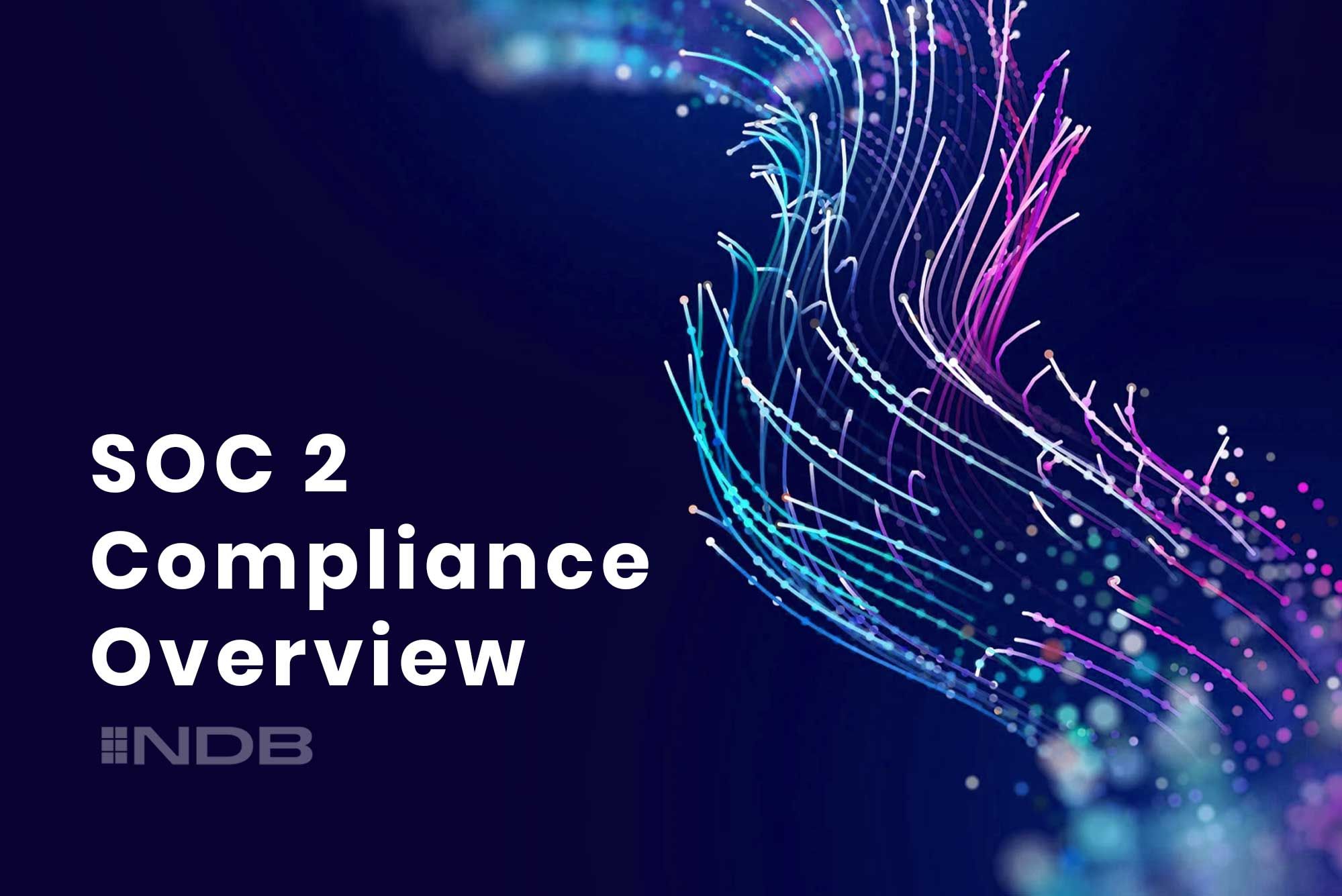SOC 2 Compliance - Atlanta, GA – Fixed Fees
Call the proven and trusted Atlanta SOC 2 compliance experts today at NDB. We offer comprehensive, cost-effective, “fixed-fee” engagements for SOC 2 compliance all throughout North America and other select regions, and of course in our home state of Georgia.
NDB also offers SOC 1 and SOC 2 audit reports for businesses using Amazon AWS, Microsoft Azure and Google GCP. And if you're using AWS for hosting of your production environment, here's what you need to know NOW about SOC 2 audits.
SOC 2 Compliance Essentials & Important Points to Note
After years of having a one-size fits all standard – known as SAS 70 – the American Institute of Certified Public Accountants (AICPA) introduced the all-new Service Organization Control (SOC) reporting framework, consisting of SOC 1, SOC 2, and SOC 3. Immediately “out of the gate”, the SOC 1 reporting option became the de facto standard, but eventually the SOC 2 framework quickly gained traction, becoming the standard bearer assessment for any type of technology oriented service organization. This is because the large majority of service organizations providing critical outsourcing functions to other businesses are offering some type of technology solution or platform, for which the SOC 2 framework was intended for.
SOC 1 SSAE 18 vs. SOC 2 – What you Need to Know
It’s important to note that while the SSAE 18 SOC 1 standard is well-known and often used, it’s generally a reporting option for service organizations having a credible nexus to a concept known as ICFR. What is ICFR – it stands for “Internal Controls over Financial Reporting” that applies to a service organization who is conducting critical services for which such services can impact their client’s financial reporting. Banks, actuaries, trust entities, third party administrators in Atlanta – and more – they’re all conducting critical financial transactions, for which the SSAE 18 SOC 1 reporting option would be acceptable.
But what about data centers, managed service providers – the technology companies in Atlanta that are springing up everywhere in today’s digitally driven economy? They’re ideally suited for SOC 2 compliance, the AICPA reporting platform designed for technology oriented service organizations. At the heart of SOC 2 compliance are the criteria based Trust Services Principles (TSP) of security, availability, processing integrity, confidentiality, and privacy. So which of the five (5) Trust Services Principles (TSP) do Atlanta service organizations include within the scope of their annual SOC 2 audit – good question – it really depends on scoping needs, client and other third-party expectations, along with other important considerations. Regardless of which TSP’s are included, one thing is certain and that’s the need for comprehensive security documentation for helping ensure SOC 2 compliance. As for your SOC 2 compliance cheat sheet, remember the following:
- SOC 2 audit reports are an important element of the AICPA SOC reporting framework.
- Organizations can opt for a SOC 2 Type 1 or a SOC 2 Type 2 report.
- SOC 2 audit reports are geared towards many of today’s technology oriented companies.
Speak with Christopher G. Nickell, CPA, at 1-800-277-5415, ext. 706, or email him at




